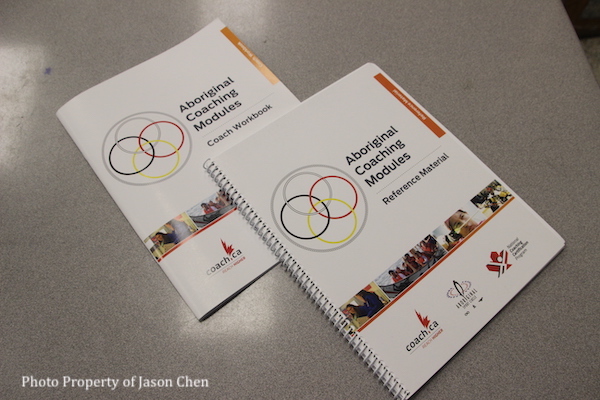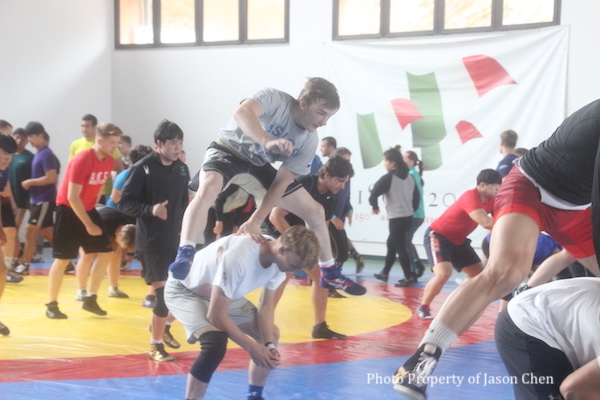Tuesday December 11th 2018
In recent years, it has been required by coaches here in Canada to now acquire professional development points every couple of years in order to maintain their coaching certification. Courses offered by the NCCP as well as non-sanctioned NCCP events will count towards getting professional development points. The amount of points depends on the type of course taken or tournament that was coached. Twenty points must be accumulated over the course of four years as well as points for coaching in major national and international tournaments. This is done for coaches in the higher levels.
The theory behind this is that coaches keep up to date with all the most recent coaching materials as well as have a consistent on-mat presence, thereby remaining relevant for the present and for the years to come. The same thing is done in education, where professional development dates are set on days where students aren’t required to come in. Teachers either go to a different venue or a speaker comes to the school. Right now, the professional development that’s been issued by the NCCP covers a wide variety of topics, most of them in the multi-sport subjects (generalized and not sport-specific) which can be completed online for the most part. Like all professional development, there are good and bad things associated with it. For one, proffesional development if done right can be extremely beneficial as it provides access to materials that may not be available to coaches. It may expose them to new ideas that will benefit their athletes in the short and long term and how can that be bad?

I did some professional development in coaching Aboriginal athletes and found it very helpful
Professional development, when done poorly however, can come across as a waste of time and a cash grab. In a worse case scenario, it sometimes seems that the people coming up with these materials have spent all their time in research and not enough in practical application. Also, some coaches who believe may not benefit from it, or worse the profesional development is actually below their level of certification, may be resistant or even hostile to it. Master level coaches in particular I think would fall into this category. And why not? The years and certification that it requires to become a Master Level coach is long enough and should only require the basic amount of profesional development. Yet they are required to do the same amount as other coaches. I guess this is akin to university professors who must publish every year in order to remain relevant in the eyes of their colleagues.

Training camps can be used to accumulate professional development points
So what is my oppinion on Profesional Development? To be honest, I’m really on the fence with this. On the one hand I think that coaches need to remain up-to-date and relevant and that some type of checks and balances needs to be put in place in order to insure that this is the case. However, I also think that as coaches who volunteer their time, and there are many of us who do so, this can be an impendiment. Some of us don’t have the time to keep up with extr stuff as we struggle with everything else. We have to balance our personal life, our coaching duties and our careers to name a few and this is the reality of many coaches in Canada and certainly in Quebec. Those who coach full time are lucky in this respect in that the cost as well as the time inputted into acquiring professional development points has already been taken into account in their profession.
At the risk of sounding somewhat negative, this may also keep out people who have an inflated view of their own slef-importance that refuse to keep up with the professional development. If they believe that the professional development may be of no use to them, then they may not do it. So in this sense, there may be some added benefits of keeping people that coach but don’t want to do the necessary work of maintaining their certification. In in theory, we’ll be left with only the people that want to coach and put in the effort to remain relevant.
When it comes down to it, like everything there are positives and negatives. I think the trick is that we need to insure that there are more positives than there are negatives. Professional development needs to be done with quantifiable progress and not only for the sake of offering busy work. The developers of these modules might argue that everything they release has value but from what I’ve seen, a lot of what’s available is very generic. Sports specific professional development must also be considered since this concept of “one size fits all” should not be applied to all sports. In the end, I think that this concept of professional development will need to go through several phases in order to be both meaningful and practical.
